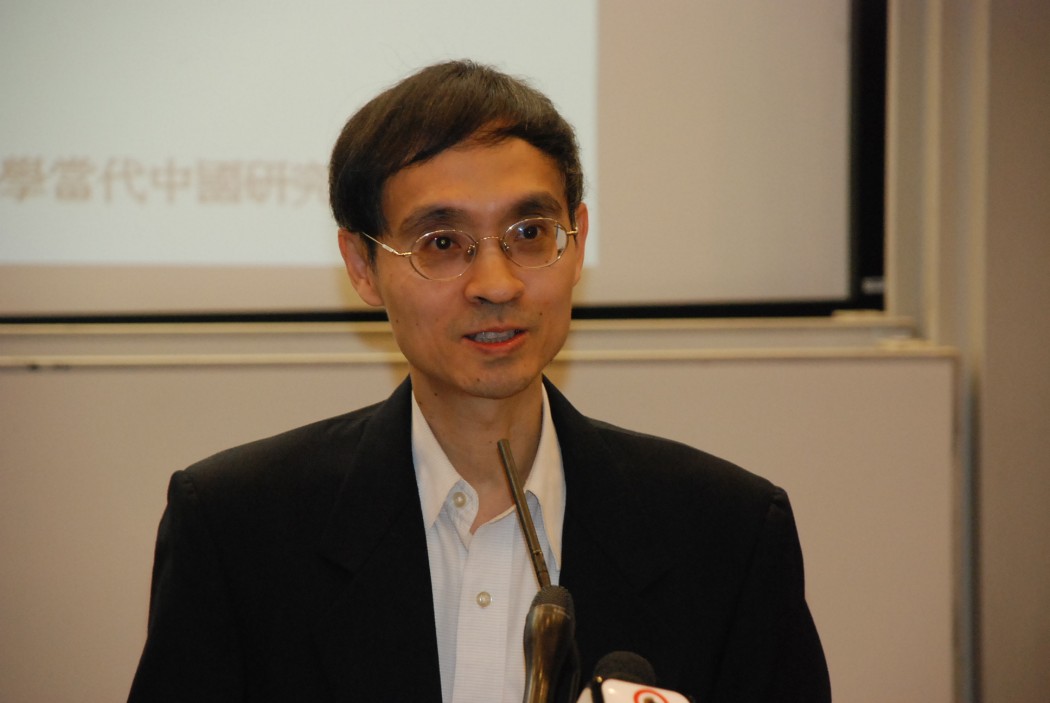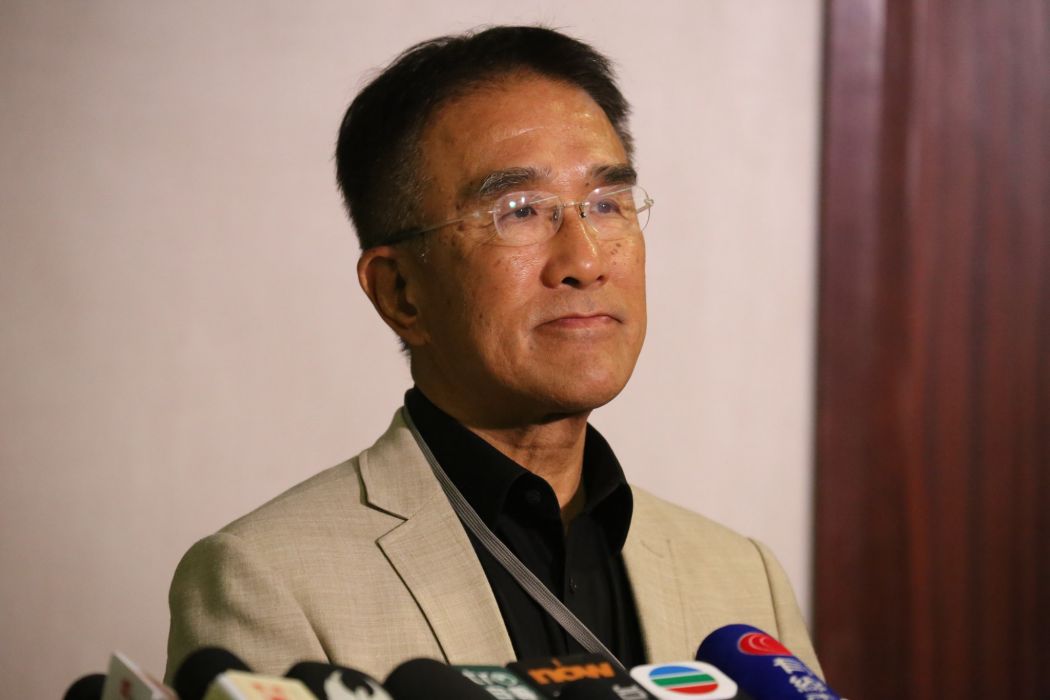Hong Kong’s Secretary for Justice Teresa Cheng has ruled out alternatives to the government’s plan to amend its extradition laws, saying the ideas are either “unfeasible” or will fundamentally alter the city’s criminal justice system.
Counter-proposals have been raised by law scholars such as Albert Chen and Johannes Chan, as well as the Democratic Party, Civic Party and legislator Michael Tien and others. Some suggested expanding the jurisdiction of local courts to include crimes committed overseas, while others proposed safeguards to ensure Hongkongers would be tried in Hong Kong.

“Hong Kong is a common law jurisdiction, and follows the ‘territoriality principle’ … normally Hong Kong will only enforce its jurisdiction when all – or part – of the criminal acts took place within the territory,” Cheng told reporters.
“In terms of practical operation, there will be problems when implementing extraterritoriality, such as collecting and dealing with evidence.”
Cheng appeared on Tuesday alongside security chief John Lee, who said a press conference was necessary because the government could not express its view at the legislature. Pro-democracy and pro-Beijing lawmakers have been mired in a protracted tug-of-war, meaning that substantive debate on the extradition bill has been delayed.
Explainer: ‘This is not a meeting’ – Turmoil at the legislature over Hong Kong’s China extradition plan
The government’s bill, if passed, would allow case-by-case transfers of fugitives to jurisdictions with no pre-existing agreements with Hong Kong – including China. Lawyers, journalists, foreign politicians and businesses have raised concerns about how the law may put residents at risk.

Cheng added that some counter-proposals would make a foreign crime an offence in Hong Kong, and such laws cannot be applied retroactively. This means that they cannot deal with the case of Chan Tong-kai, a man who allegedly committed murder in 2018 during a trip to Taiwan, she said.
Cheng said that the Hong Kong Bill of Rights Ordinance also prohibits “retrospective criminal offences or penalties.”
In a paper published last Friday, law scholar Albert Chen came out in support of the idea of “Hong Kong people tried in Hong Kong” – a position also adopted by lawmaker Michael Tien and former legislature president Jasper Tsang. The paper drew widespread attention since Chen is generally considered to be a relatively pro-establishment figure.
Tien responded on Tuesday evening that the government did not consider his plan seriously. Most long-term extradition agreements signed by Hong Kong also have a clause saying that local residents should be tried locally, he said.

Civic Party leader Alvin Yeung also blasted Cheng for playing up the difficulties of extraterritorial jurisdiction, saying that Hong Kong has a history of successfully prosecuted criminal cases that happened overseas.
Separately, law scholar Johannes Chan also proposed only allowing extradition to countries that have signed an international human rights treaty, namely the International Covenant on Civil and Political Rights (ICCPR). The proposal was also rejected by Cheng on Tuesday.
Secretariat speaks up
The embattled secretary-general of the Legislative Council Kenneth Chen responded to criticism on Tuesday, saying that the secretariat faced “bullying and harassment.”
Chen refused to justify his decision to issue a circular last Saturday, which asked 62 lawmakers to decide who should head the bills committee on the extradition proposal. Such committees generally prohibit decisions to be made by circular unless “no member has signified disapproval,” according to the Handbook for Chairmen of Bills Committees.

Over 25,000 people signed a petition calling for his resignation, but he said his office had always upheld the principle of neutrality and his actions were in accordance with the Rules of Procedure and House Rules.
“As for comments almost bordering on bullying, I urge such comments and actions to cease right away,” he added.
People Power lawmaker Ray Chan confronted Chen during his appearance, asking which rule permitted him to issue the circular.
“You are supposed to serve lawmakers. What neutrality are you talking about? You are serving the pro-Beijing camp!” Chan shouted as Chen walked away without responding.
Earlier on Tuesday, Chief Executive Carrie Lam said she remained committed to improving relations between the government and legislature: “But that doesn’t mean that I will… accommodate the wishes, no matter how unreasonable these wishes are, from the non-pro-establishment members, in order to appease them or establish a good relationship – because my responsibility is to the people of Hong Kong, and of course also to the Central People’s Government.”

The next legislative meeting on the extradition law is set to take place on Saturday, with both the democrats and pro-Beijing camp claiming to be heading a legitimate meeting.
The Hong Kong Free Press #PressForFreedom 2019 Funding Drive seeks to raise HK$1.2m to support our non-profit newsroom and dedicated team of multi-media, multi-lingual reporters. HKFP is backed by readers, run by journalists and is immune to political and commercial pressure. This year’s critical fundraiser will provide us with the essential funds to continue our work into next year.

